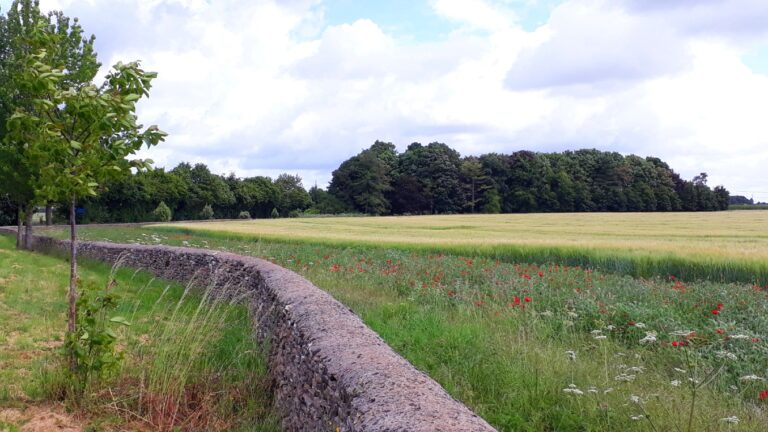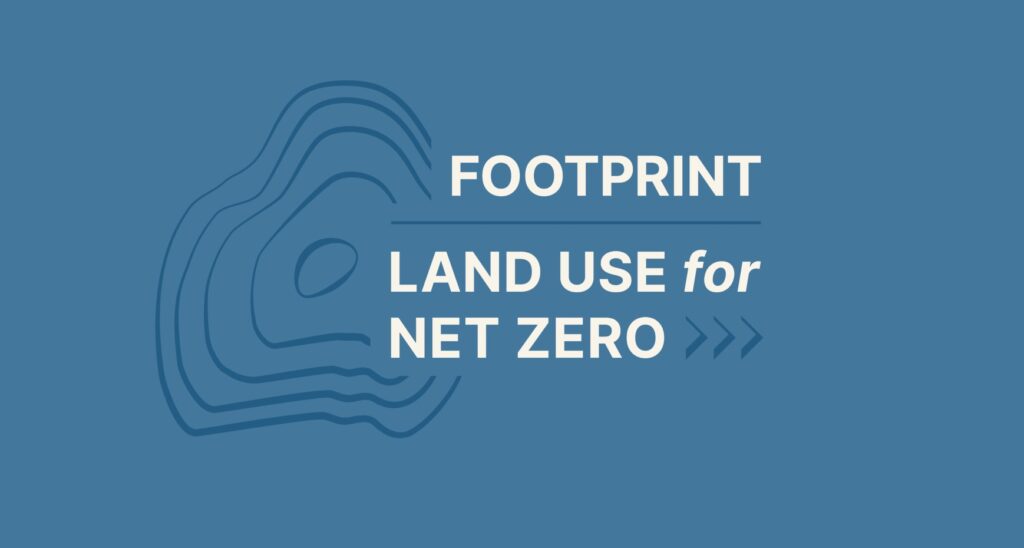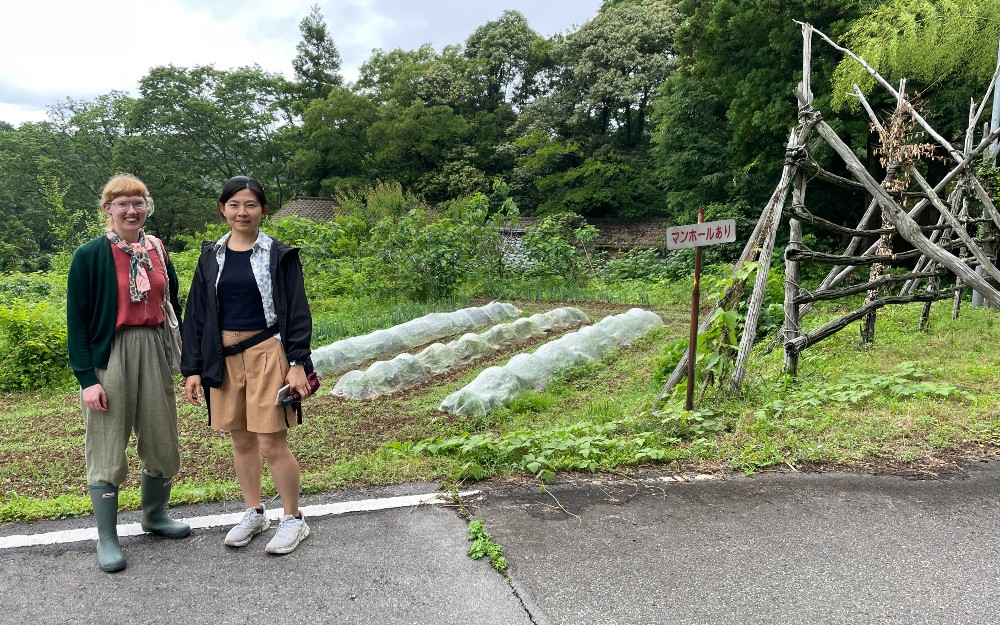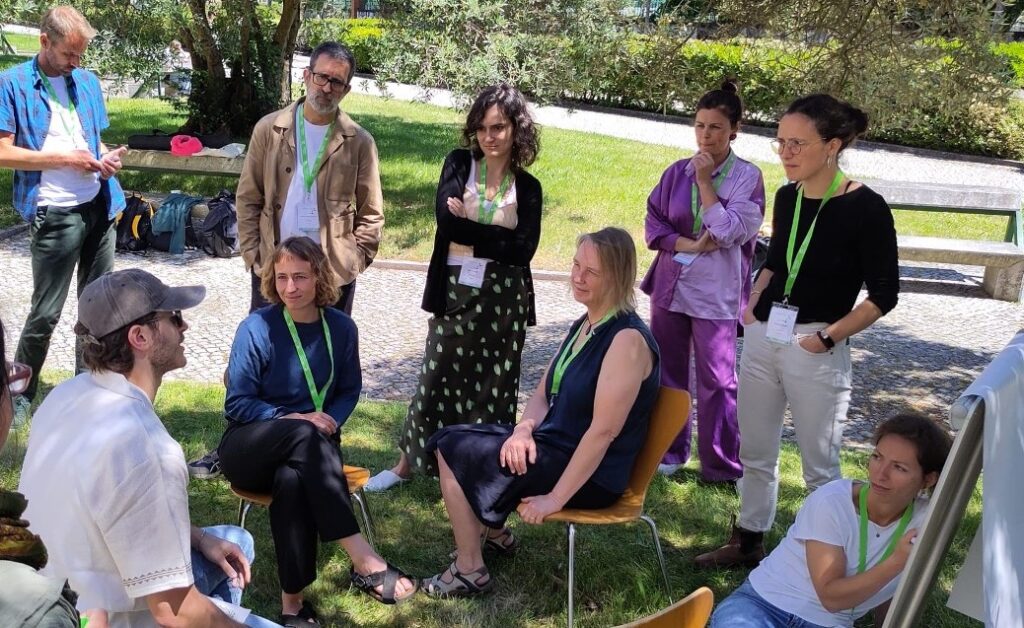Professor Janet Dwyer and Dr Matt Reed contributed one of five case studies towards a project report commissioned by Organisation for Economic Co-operation and Development (OECD) Programme of Work and Budget 2013-14 to complement work being undertaken on the analysis of policy options and market approaches for green growth for agriculture and food.
The aim of the case study was to provide insights into the operation, strengths and weaknesses of the agricultural knowledge system in England and Wales, seeking to assess the value of “soft” measures, such as advice, training and extension policy mechanisms, as a means of supporting the transition towards sustainable agriculture. These policy approaches work on the basis of providing or stimulating knowledge exchange and skills acquisition as a trigger to changes in practice, in contrast to those which contract directly to support changes in practice with payment, via mechanisms such as agri-environmental schemes (AES) or farm investment grants; or those which seek to achieve change through prohibition, conditions or disincentive such as regulating the use of certain agrochemicals, or applying eco-taxes.
To compile the case study, direct evaluation experience from CCRI studies was complemented with a review of both academic and ‘grey’ literature published by government departments, agencies, NGOs and the commercial sector, on the general topics of knowledge exchange and mechanisms to promote sustainable farming, in England and Wales. As well as this, selected interviews with key informants were held, discussing their experience with the provision of agricultural knowledge and extension and its ability to support environmentally-sustainable farming.
The final report was accepted by the OECD at a meeting in Paris in November 2014. It was well received and created a lot of interested by delegates. The OECD Committee agreed to publish the Main Report, which also contains the main findings of the 5 case studies, including the one above.




